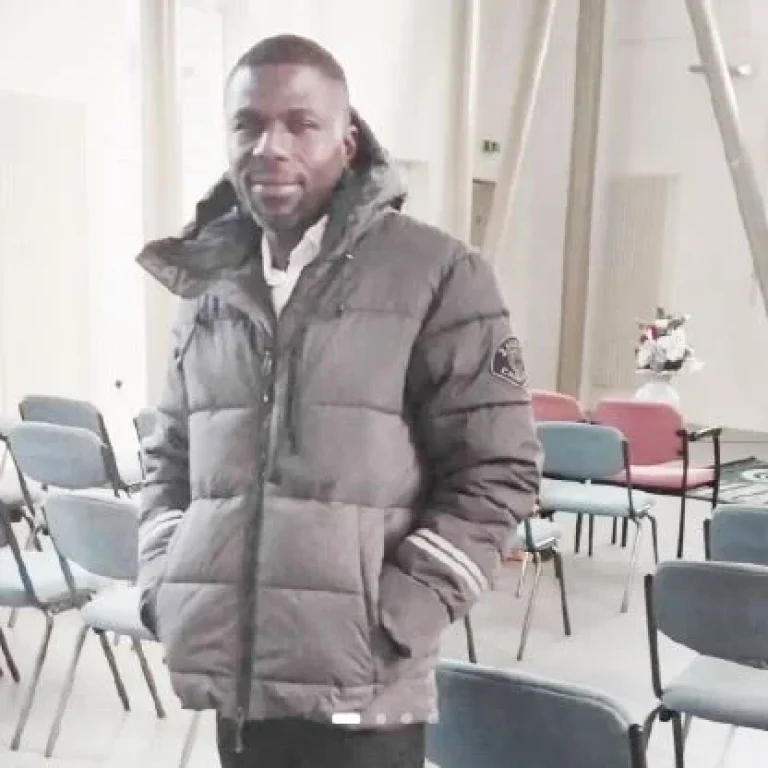
Four men have been executed in India for the gang rape and murder of a woman on a Delhi bus in 2012, in a case which drew unprecedented focus to the prevalence of sexual assault in India.
“The four convicts were hanged together at 5.30am,” announced Sandeep Goel, head of the Tihar jail on the outskirts of the capital where the men were being held.
Despite the early hour, hundreds gathered outside the jail to celebrate the men’s deaths, holding placards that read “Justice for women” and “Hang the culprits”.
The victim, a 23-year-old physiotherapy student, became known in the media as Nirbhaya – the fearless one – as she could not be named under Indian law.
On the night of the attack, she boarded a private bus after visiting the cinema with a male friend. Both were brutally beaten by five men and one 17-year-old boy on the bus, while the perpetrators repeatedly raped the woman. They were dumped naked on the roadside and while the friend survived, Nirbhaya died of her wounds in hospital two weeks later.
Asha Devi, the mother of the victim, told reporters she held a photograph of her daughter as the execution was carried out: “Today, justice has been done after seven years. This day is dedicated to the daughters of the country. I could not protect her but I was able to fight for her.
“I salute Indian judiciary and thank god for hearing our prayers…my daughter’s soul can now rest in peace.”
It is difficult to overstate the importance of this case in India, with the Supreme Court in 2017 upholding the rare death sentences – Friday’s was the first set of executions since 2015 – on the basis the crimes met the “rarest of the rare” threshold and had created a “tsunami of shock” across the nation.
“Justice has prevailed,” tweeted prime minister Narendra Modi, as conversation around the emerging coronavirus crisis temporarily gave way, with hashtags relating to Nirbhaya dominating national trends on social media.
The four hanged men were gym instructor Vinay Sharma, bus cleaner Akshay Thakur, fruit-seller Pawan Gupta and unemployed Mukesh Singh. They were sentenced in 2013, and had their final appeals dismissed on Thursday just hours before their deaths.
Yet activists say there is no proof the changes have had a deterrent effect. Women reported almost 34,000 rapes in 2018, barely changed from the year before. Just over a quarter led to convictions.
And the real figures are almost certainly far higher, with it still considered a taboo by conservative Indians to report sexual violence.
Death sentences handed down for murder involving sexual violence have nearly doubled in the last three years alone, said lawyer and researcher Lubhyathi Rangarajan, yet the vast majority are commuted to life sentences by the Supreme Court.
This inconsistency, and the seeming “arbitrariness” by which the apex court then allows some executions while blocking others, makes it hard to know “[whether] the death penalty reduced crimes of sexual violence, and [if] we are safer today”, she wrote in Article14, a specialist media outlet focussed on the law and legal reforms.
She notes the fact that the media attention on some high-profile cases appears to affect legal outcomes. “Like trial courts, the Supreme Court has also used public opinion as a reason to award the death penalty in the past,” she said. “Some sexual-violence cases do prompt national outrage and protest. Why should the death sentence be imposed based on selective public opinion?” (Independent)









451167 109459Howdy! Do you know if they make any plugins to safeguard against hackers? Im kinda paranoid about losing everything Ive worked hard on. Any recommendations? 961713
194226 463544I genuinely enjoy your site, but Im having a issue: any time I load one of your post in Firefox, the center with the internet page is screwed up – which is bizarre. May I send you a screenshot? In any event, maintain up the superior work; I definitely like reading you. 766886